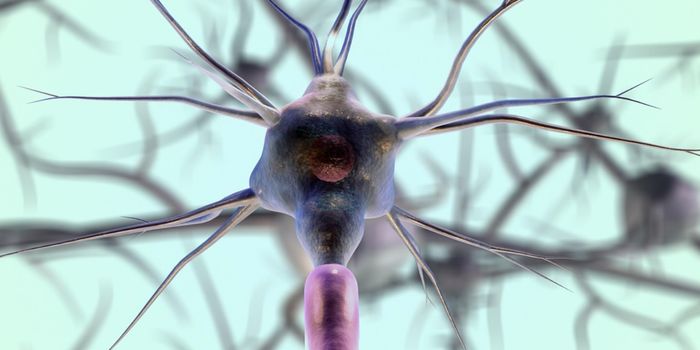How Alcohol Increases The Risk of Dementia
Are you confused about all the conflicting research about alcohol and its effect on the brain? It seems that every week a new study shows that alcohol is beneficial or a different study suggests it's inherently dangerous.
A recent research paper, published in The Lancet Public Health Journal, looked at alcohol use disorders and the onset of dementia and found that alcoholism is a significant preventable risk factor for dementia.
The data was collected in France and the analysis performed by scientists at the Centre for Addiction and Mental Health in Toronto, Canada. It included people who had been diagnosed with mental disorders as well as physical illnesses or diseases and who had also had a problem with alcoholism. When the findings in the study were examined, including 57,000 cases of early onset dementia, it was found that 57% of the dementia cases were directly attributable to problem drinking over an extended period. For the study, heavy drinking was defined under the World Health Organization (WHO) guidelines which say for men 4-5 drinks per day is heavy drinking and for women about three alcoholic beverages a day indicate a problem.
As a result of the strong association found in this study, the authors suggest that screening, brief interventions for heavy drinking, and treatment for alcohol use disorders should be implemented to reduce the alcohol-attributable burden of dementia. Study co-author and Director of the CAMH Institute for Mental Health Policy Research Dr. Jürgen Rehm explained, "The findings indicate that heavy drinking and alcohol use disorders are the most important risk factors for dementia, and especially important for those types of dementia which start before age 65, and which lead to premature deaths. Alcohol-induced brain damage and dementia are preventable, and known-effective preventive and policy measures can make a dent in premature dementia deaths." Rehm made a point of noting that alcoholism can shorten one's life expectancy by as much as 20 years, so finding a way to treat alcohol use disorders is one way to reduce cases of dementia.
Gender plays a role in dementia as well. While there are more women who have dementia than men, almost two-thirds of patients who had early onset dementia are men. Alcohol use disorders were not only associated with a higher dementia risk but were also found to be closely related to other risk factors like diabetes, lower education levels, hearing loss, smoking and high blood pressure. The study authors found that all of these factors overlap and combine to create not only a higher risk of dementia but other health conditions as well, all of which can be traced, in part, to problematic drinking.
The authors did note however that the study only looked at patients with the most severe kind of alcoholism as all of the cases involved hospitalization. This might mean that the connection to drinking could be even more widespread since there is a stigma associated with owning up to having an alcohol abuse issue. The authors advised that more health care providers discuss and look for alcoholism in their primary care practice because very often, once a problem is acknowledged, it's usually too late for any real improvement in cognition.
Sources: Centre for Addiction and Mental Health, The Lancet, Public Health, CNN









